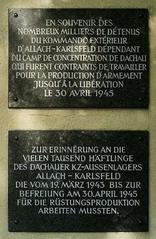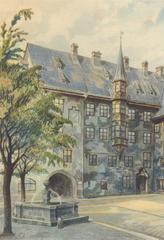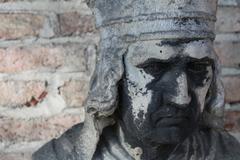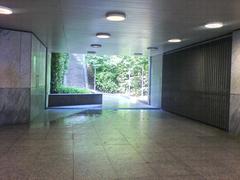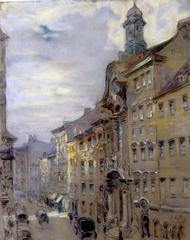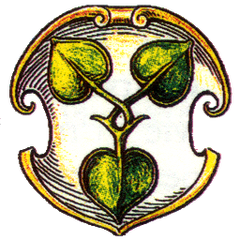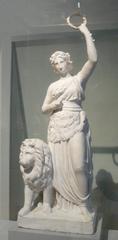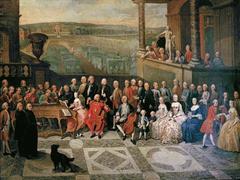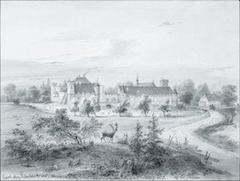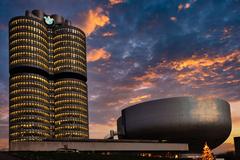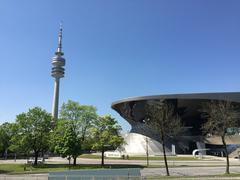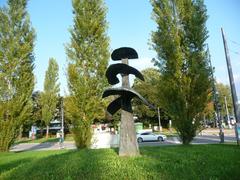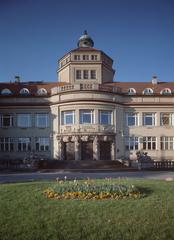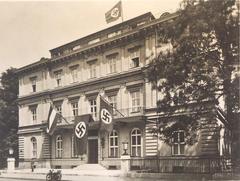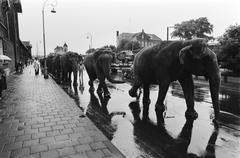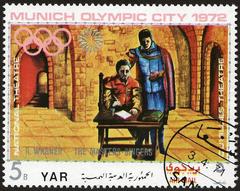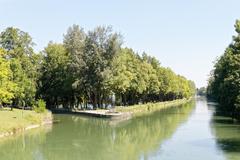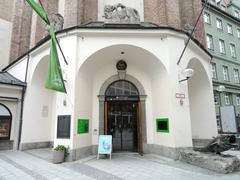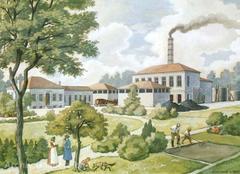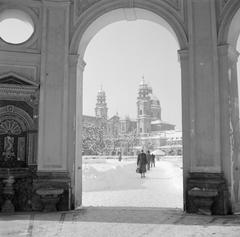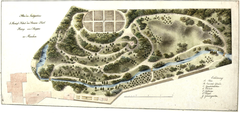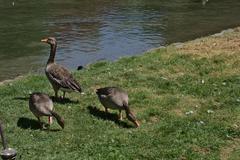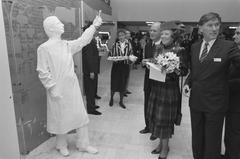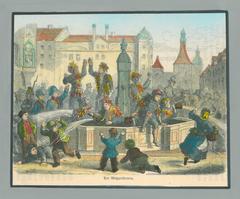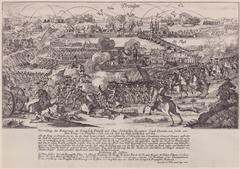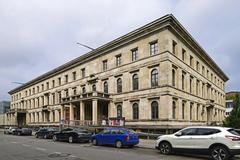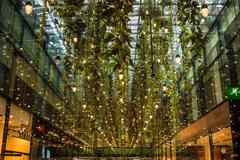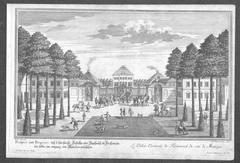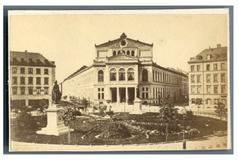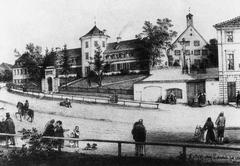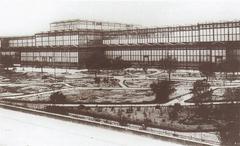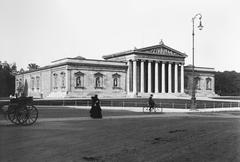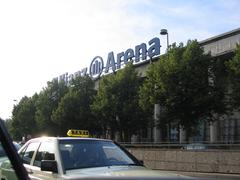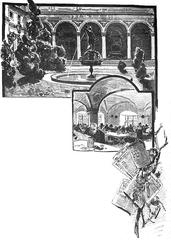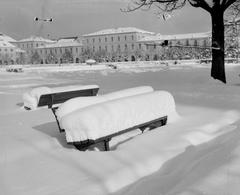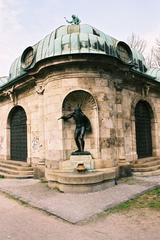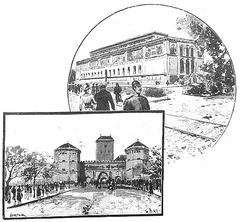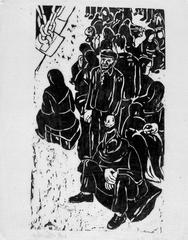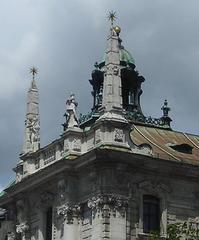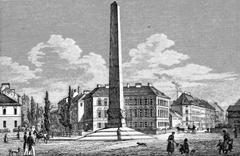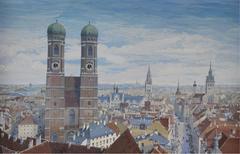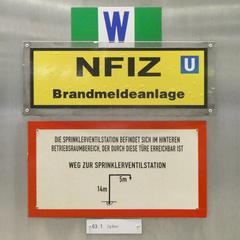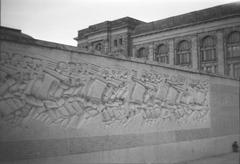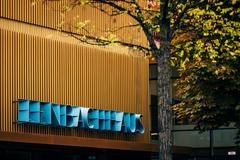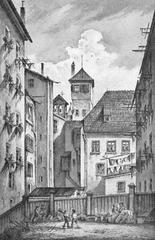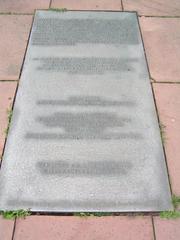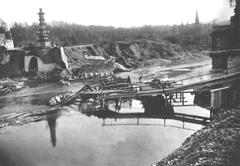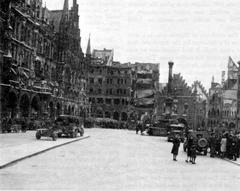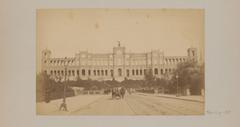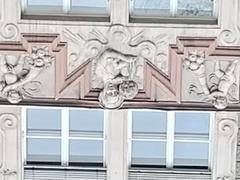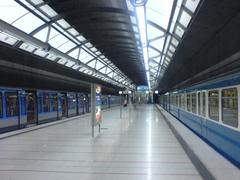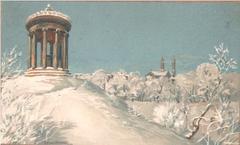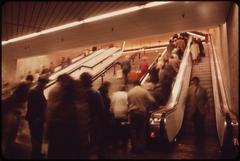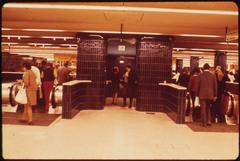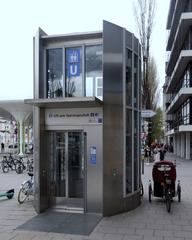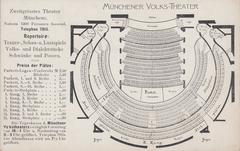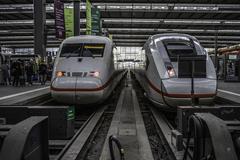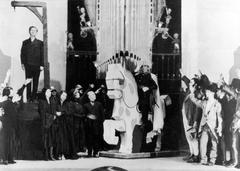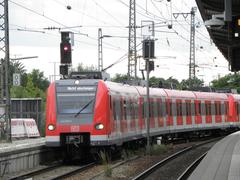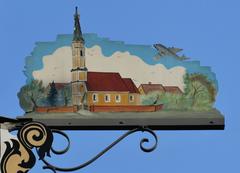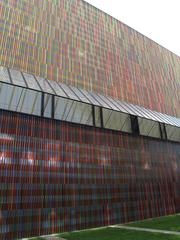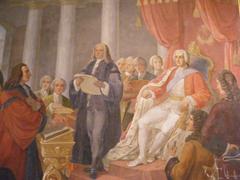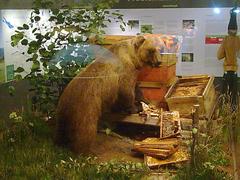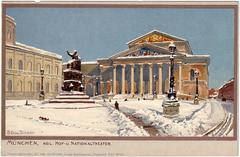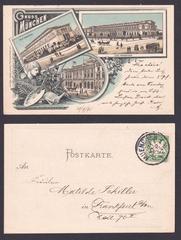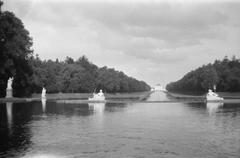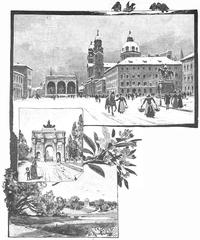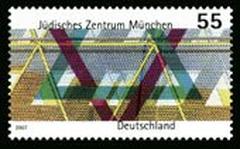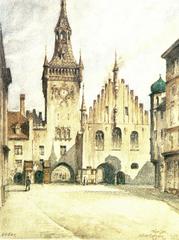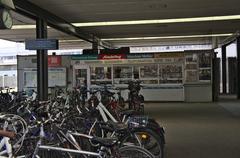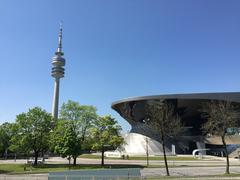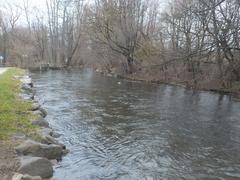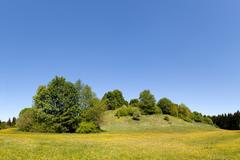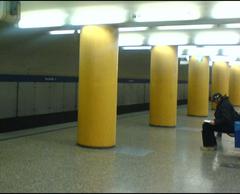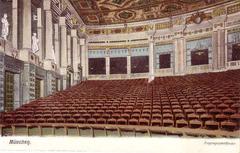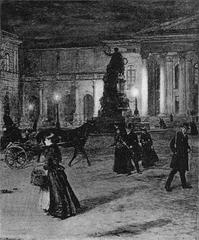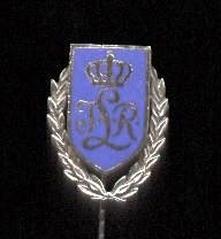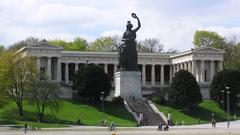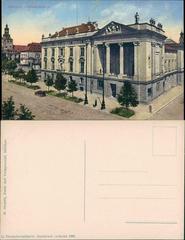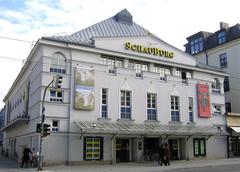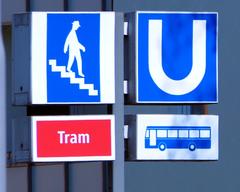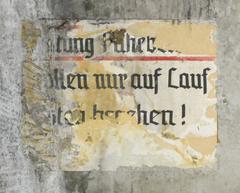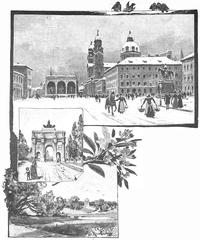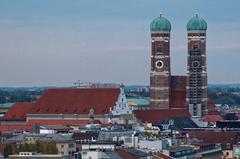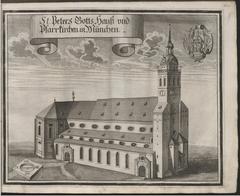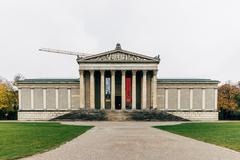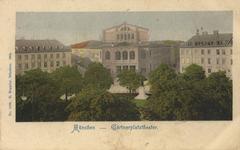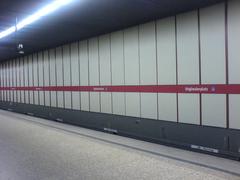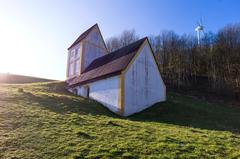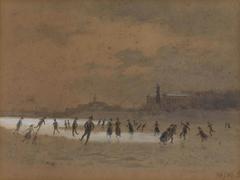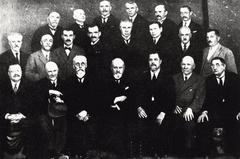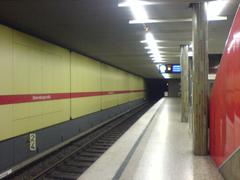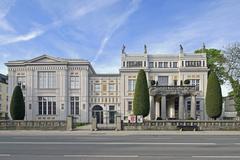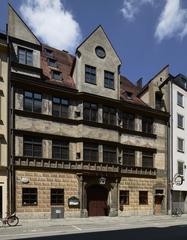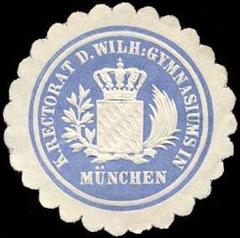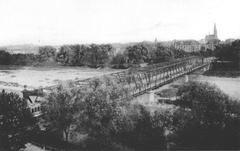
Platzl Munich: Visiting Hours, Tickets, and In-Depth Tourist Guide
Date: 04/07/2025
Introduction to Platzl Munich: History, Culture, and Visitor Essentials
Platzl, located in the bustling heart of Munich’s Altstadt-Lehel district, is a vibrant testament to Bavarian tradition, hospitality, and urban life. Renowned for the iconic Hofbräuhaus am Platzl—a world-famous beer hall with roots dating to 1589—this lively square is much more than a historic site; it is a living cultural landmark where the past seamlessly meets the present. Today, Platzl hosts acclaimed dining venues, lively markets, and a calendar brimming with events that celebrate Munich’s rich heritage (Hofbräuhaus History, Wikipedia: Hofbräuhaus am Platzl, muenchen.de, weihenstephaner.de).
This detailed guide will walk you through Platzl’s storied history, practical visitor information—including Hofbräuhaus visiting hours, ticketing, and accessibility—plus insider tips for experiencing Munich’s vibrant social scene. Whether you’re interested in sampling authentic Bavarian brews, exploring surrounding landmarks like Marienplatz and Viktualienmarkt, or immersing yourself in local traditions, you’ll find everything you need for an unforgettable visit (Hello Jetlag, Munich Travel).
Table of Contents
- The Origins and Evolution of Platzl and Hofbräuhaus
- Practical Visitor Information: Hours, Tickets, Accessibility
- Brewing Heritage and Cultural Significance
- Discover Platzl: Social Life, Dining, and Events
- Nearby Attractions and Accommodation
- Visitor Tips, Etiquette, and FAQs
- Conclusion and Key Recommendations
- Sources
1. The Origins and Evolution of Platzl and Hofbräuhaus
Early Beginnings and Ducal Ambitions
Platzl’s history is inseparable from the Hofbräuhaus, founded in 1589 by Duke Wilhelm V to supply the royal court with quality beer, strictly adhering to the Bavarian Beer Purity Law—Reinheitsgebot—of 1516 (Hofbräuhaus History). Under master brewer Elias Pichler, the brewery introduced strong Bockbier styles and held a monopoly on stout and Weißbier production by the 17th century, bolstering state revenues.
Surviving Turmoil and Opening to the Public
During the 1632 siege of Munich in the Thirty Years’ War, Hofbräu beer was famously used in negotiations to spare the city—a testament to its value in Bavarian culture. In 1828, King Ludwig I opened the Hofbräuhaus to the public, transforming Platzl into a lively, inclusive social hub (Wikipedia: Hofbräuhaus am Platzl).
Architectural Changes and Wartime Impact
By the late 19th century, brewing operations moved, and architect Max Littmann remodeled the beer hall in 1897. World War II bombings devastated much of the complex, but the historic Schwemme survived, with restoration culminating in the 1958 reopening of the Festival Hall (Wikipedia).
2. Practical Visitor Information: Hours, Tickets, Accessibility
Hofbräuhaus Visiting Hours
- Open daily: 9:00 a.m. – Midnight
- Kitchen service: Until 11:30 p.m.
(Hello Jetlag)
Tickets and Entry
- No tickets required for general entry to the beer hall or beer garden.
- Reservations are recommended (especially for groups or Bräustüberl dining room).
- Guided tours are offered seasonally and during Oktoberfest.
Accessibility
- Wheelchair accessible with ramps and adapted facilities.
- For special assistance, contact the venue ahead of your visit.
Getting to Platzl
- Public transport: S-Bahn/U-Bahn to Marienplatz (5-min walk).
- By foot: Central location in the pedestrianized old town (munich.travel).
- Parking: Limited; public transport is recommended due to the area’s centrality.
3. Brewing Heritage and Cultural Significance
Emblem of Bavarian Identity
The Hofbräuhaus is a cornerstone of Bavarian tradition, famed for daily folk music, communal seating, and the “Hofbräuhaus-Lied” that celebrates camaraderie (Wikipedia). Regulars often store their personal beer steins (Krüge) at the venue.
Oktoberfest Connection
Since 1950, Hofbräu beer has been served at Oktoberfest, with its own tent since 1952, highlighting the brand’s enduring link to Munich’s most famous festival (Oktoberfest Guide).
Brewing Techniques and the Reinheitsgebot
Adhering to the Reinheitsgebot, Hofbräuhaus offers classic brews such as Hofbräu Original, Dunkel, and seasonal specialties like Maibock and Oktoberfestbier (Hofbräuhaus History).
4. Discover Platzl: Social Life, Dining, and Events
A Social and Culinary Landmark
Platzl is renowned for its blend of old-world charm and contemporary vibrancy. The square’s cobblestone lanes, historic facades, and bustling beer gardens make it a focal point for social gatherings (muenchen.de). The Hofbräuhaus dominates the eastern half, but venues like Schuhbeck’s Orlando and the Orlandohaus add culinary and historical depth.
Gastronomy and Culinary Highlights
- Hofbräuhaus am Platzl: Classic Bavarian fare, live music, festive atmosphere
- Wirtshaus Ayingers: Regional specialties and Ayinger beers
- Schuhbecks Orlando: Modern Bavarian cuisine by Alfons Schuhbeck
- Pfistermühle: Creative, seasonal Bavarian dishes in a historic setting
- Café Frischhut: Famous for Schmalznudeln (Bavarian doughnuts)
The upcoming Weihenstephaner am Platzl will further cement the square’s reputation as a hub of beer culture (weihenstephaner.de).
Events and Community Life
Platzl hosts folk music, seasonal festivals, and cultural events, offering visitors authentic engagement with local traditions. Street performers and musicians keep the square lively year-round (evendo.com).
Architectural and Artistic Significance
Platzl is lined with historic townhouses, some still home to student fraternities. The area’s history as a cabaret and arts district lives on in its creative spirit and live programming (placesofgermany.de).
5. Nearby Attractions and Accommodation
Top Nearby Attractions
- Marienplatz & Glockenspiel: Munich’s central square, famed for its animated clock and neo-Gothic architecture (The Culturalpocalypse)
- Viktualienmarkt: Traditional open-air food market
- Residenz: Former royal palace with museums
- Frauenkirche: Munich’s iconic cathedral
- Maximilianstrasse: Premier shopping avenue
Accommodation Suggestions
- Platzl Hotel: 4-star, steps from Hofbräuhaus and Marienplatz (oyster.com)
- Hotel Am Markt: Modern 3-star near Viktualienmarkt
- Hotel Torbräu: Historic 4-star with classic charm
- Hotel Vier Jahreszeiten Kempinski: 5-star luxury
- Hotel Lux/Mercure/Premier Inn: Options for boutique, chain, and budget stays
Booking Tips: Reserve early during Oktoberfest and Christmas markets; most hotels are within walking distance of public transport.
6. Visitor Tips, Etiquette, and FAQs
Practical Visitor Tips
- Getting Around: Walk or use S-Bahn/U-Bahn (Marienplatz station)
- Cash: Keep euros handy; some vendors prefer cash (Lonely Planet)
- Dining: Sharing tables is common in beer halls
- Tipping: 5–10% is appreciated
- Dress: Smart-casual for dining; traditional attire is celebrated during festivals
- Weather: Pack layers and rain gear for variable weather
Accessibility and Safety
- Wheelchair accessible: Most venues; cobblestones may pose challenges—check ahead
- Safety: Central Munich is safe, but stay alert for pickpockets in crowds
Local Customs
- Learn basic German greetings
- Respect quiet hours (10 p.m.–6 a.m.)
- Engage in communal spirit—join shared tables, try local fare
FAQs
Q: What are Hofbräuhaus am Platzl’s visiting hours?
A: Daily, 9:00 a.m. – midnight
Q: Is entry to Platzl and Hofbräuhaus free?
A: Yes. Some events and tours may require reservation or ticket.
Q: Are guided tours available?
A: Yes; book via Munich Travel or official tourism offices.
Q: Is Platzl wheelchair accessible?
A: Most of the square and venues are accessible; some historic sites may have limited access.
Q: When is the best time to visit?
A: Early mornings for quiet; evenings and festivals for atmosphere.
7. Conclusion and Key Recommendations
Platzl Munich epitomizes the city’s blend of rich tradition and contemporary vibrancy. Anchored by the legendary Hofbräuhaus, surrounded by culinary highlights and historic landmarks, and animated by a year-round calendar of events, Platzl offers an immersive experience for every traveler.
To make the most of your visit:
- Plan ahead for peak times and festivals
- Embrace local customs and communal dining
- Explore beyond the beer hall to discover boutique shops and hidden courtyards
- Consider guided tours for deeper insights into Munich’s history and culture
For the latest updates, events, and insider recommendations, download the Audiala app and follow us on social media.
8. Sources
- Hofbräuhaus History
- Wikipedia: Hofbräuhaus am Platzl
- Munich Travel
- Hello Jetlag
- muenchen.de
- weihenstephaner.de
- timeout.com
- booked.ai
- oyster.com
- The Culturalpocalypse
- placesofgermany.de
- evendo.com
Consider supplementing your travel plans with interactive maps, images, and the latest event listings from official Munich tourism resources to enhance your journey.










